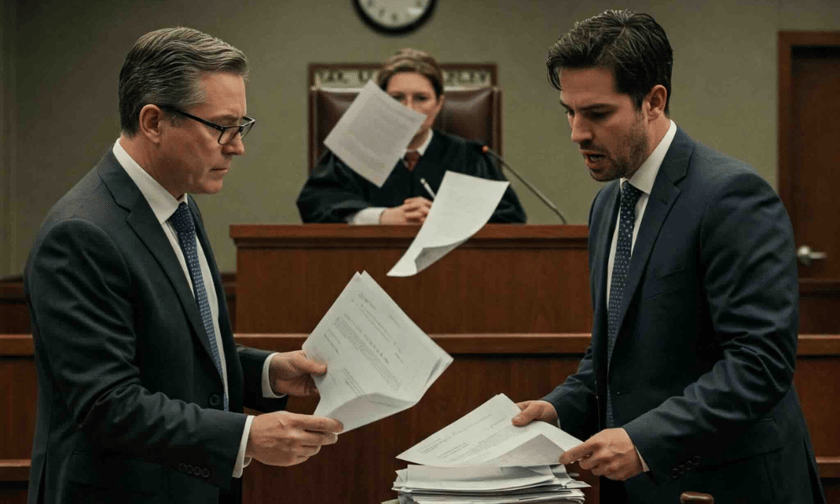

A federal appeals court has upheld a decision relieving Markel American Insurance Company of the obligation to advance legal defense costs to United Talent Agency (UTA) in a lawsuit brought by a competing firm over alleged intentional misconduct.
The US Court of Appeals for the Ninth Circuit affirmed the summary judgment in favor of Markel, concluding that California Insurance Code § 533 bars insurance coverage for “wilful” acts, which the court found were central to the claims against UTA in a suit filed by Creative Artists Agency (CAA).
CAA alleged that UTA engaged in a deliberate scheme to hire away its clients and employees. The lawsuit included claims such as inducing breach of contract, intentional interference with contractual and economic relationships, aiding and abetting breach of fiduciary duty, and conspiracy—each requiring proof of intentional wrongdoing. The Ninth Circuit held that these claims, by their nature, fell within the statutory exclusion under § 533.
After settling the lawsuit with CAA, UTA sued Markel for breach of contract and bad faith, claiming the insurer failed to fulfill its obligation to advance defense costs. Under the policy, Markel had agreed to advance “claim expenses on a current basis” for any claim “for which coverage is afforded.” The policy also included a repayment provision, requiring reimbursement of advanced costs if it was later determined that no coverage applied.
UTA contended that the duty to advance costs was distinct from the duty to indemnify. However, the Ninth Circuit rejected that argument, finding that because the CAA claims involved only wilful conduct, there was no covered claim under the policy. Accordingly, Markel owed no duty to advance defense expenses.
“To the extent UTA allegedly engaged in less culpable acts, such conduct was part and parcel of UTA’s wrongful scheme,” the panel wrote, concluding that the underlying litigation presented no potential for coverage due to the nature of the allegations.
The court’s decision underscores the breadth of Section 533 as a statutory exclusion in California insurance law and its power to bar both indemnity and defense obligations in cases involving intentional wrongdoing.
